Log in or create new account to save this product to your wishlist.
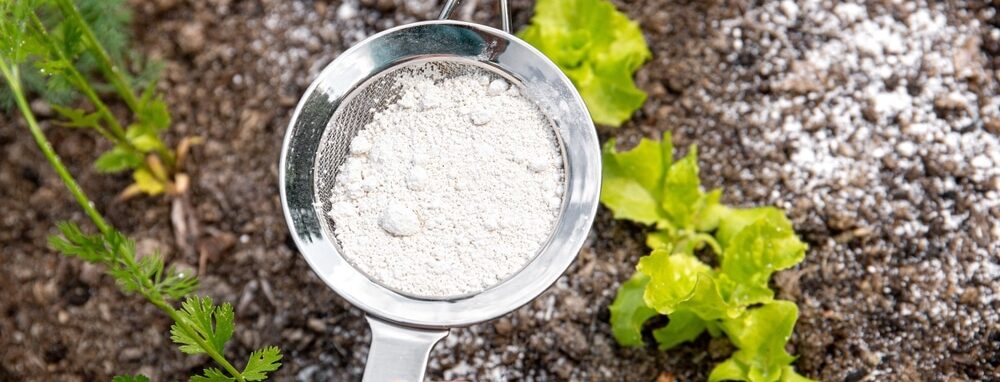
Is Baking Soda Actually Good For Your Plants?
Using baking soda for plants is common as a fungicide. But be cautious—too much baking soda on plants can cause issues and create unfavourable conditions.
Baking soda is often talked about as a bit of a garden hero. Some people say it can help with things like powdery mildew on tomatoes or even work as a natural weed killer. But is there any real science behind these claims, or are they just garden myths?
In this post, we’re going to dive into how baking soda actually affects plants and whether it’s really safe and useful for your garden. We’ll also take a look at some common ways people use it and what can happen if you go overboard with it.
What does baking soda do in your garden?
In the garden, baking soda has a lot of potential uses, from stopping diseases to killing weeds. Here’s a closer look at how it impacts different aspects of gardening:
Preventing powdery mildew
Scientists at Cornell University discovered that baking soda can help prevent powdery mildew on vine crops and roses. It works by making the environment too alkaline for the fungus to thrive.
If you want to give it a try, mix 1 tablespoon of baking soda with a gallon of water and a teaspoon of insecticidal soap or light plant oil. Spray this mixture on your plants as soon as you spot the first signs of mildew, and repeat every 7 to 10 days. But keep in mind, baking soda is great at stopping new mildew, but it won’t fix plants that are already infected.
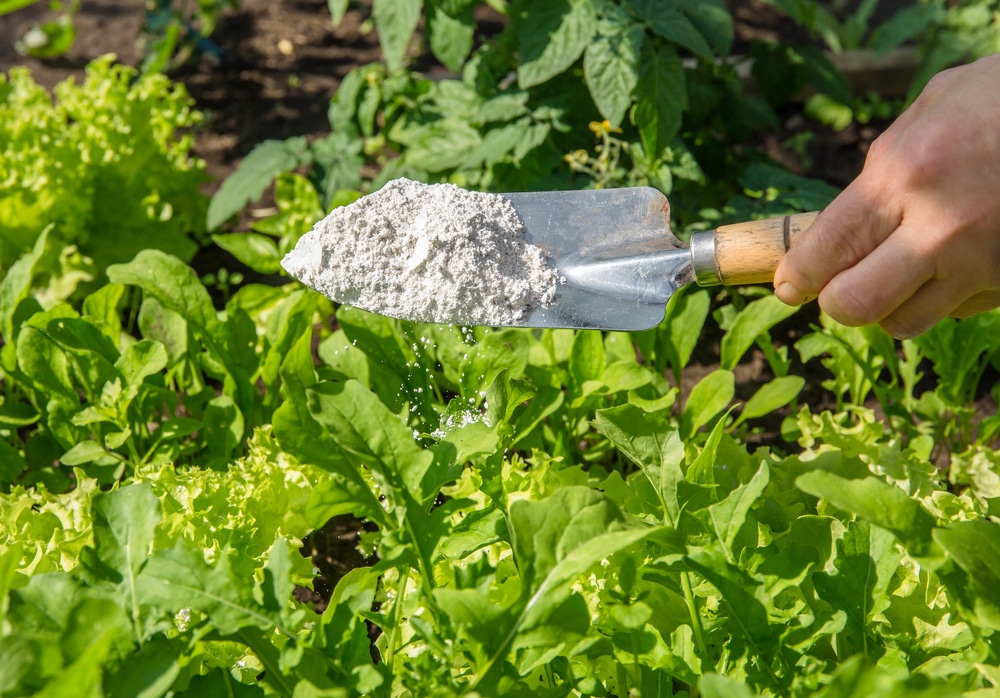
Killing weeds
Baking soda can also double as a non-selective weed killer. It dries out weeds because of its high salt content, which can be lethal to plants if used in large amounts.
To use it, sprinkle about 1 teaspoon directly onto the weeds after you’ve wetted them down, or mix it with water and spray it on the leaves. This method works especially well between paving stones, but be careful—it can harm nearby plants and grass if you’re not precise.
Freshening compost piles
There’s a common belief that baking soda helps eliminate odours in compost piles. While it does neutralise acidic smells (think rancid butter), it doesn’t do much for other kinds of odours. If your compost pile is getting smelly, a better fix is to add dry leaves or straw. These materials absorb moisture and help cut down on unpleasant smells more effectively than baking soda.
The impact of baking soda on different plants
Baking soda is generally safe for many plants, but it can cause problems if you use too much. Plants need a little bit of sodium, but too much can be harmful. If there’s an excess, you might notice your plants starting to droop, or their growth slowing down.
Before using baking soda on your plants, it’s a good idea to check how much sodium each plant can handle. Plants that love acidic soil, like azaleas and blueberries, are more likely to react negatively if you use baking soda on them, so it’s best to be cautious.
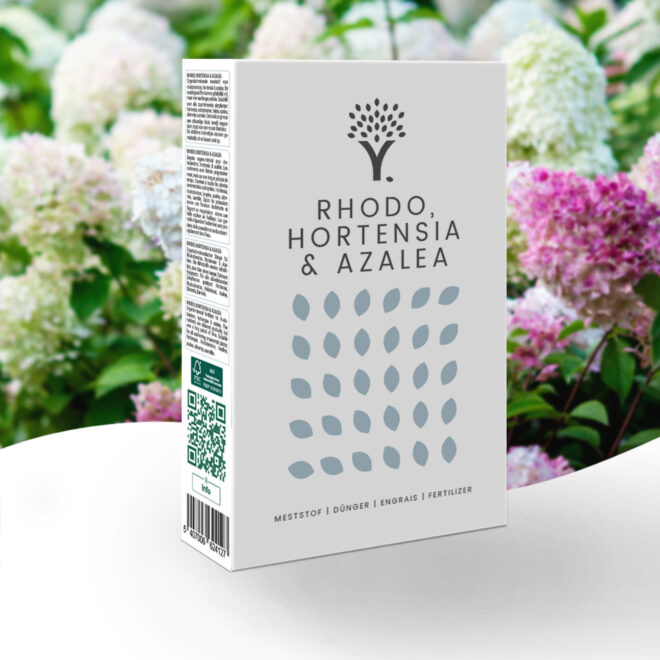
- Works for 120 days
- Suitable for other acid-loving plants as well
- Slow absorption
Affects soil pH
When you mix baking soda with water, it can have an impact on your soil’s natural pH. This mixture has a pH of around 8.3, which means it can make the soil more alkaline. Some plants, like begonias and geraniums, actually prefer alkaline soil, so this shift can be a good thing for them.
But if you’re growing plants that thrive in more acidic conditions, baking soda might throw them off balance. It’s a good idea to keep an eye on your soil’s pH to make sure it’s just right for the plants you’re growing.
How to use baking soda in the garden
When using baking soda in your garden, it’s important to minimise risks by starting small. Test it on a small section of the plant or in an inconspicuous area first. This way, you can gauge the strength of the mixture and see how your plants react before applying it more broadly. Also, avoid using baking soda on particularly hot or sunny days, as this could burn your plants’ leaves.
Remember to stick to your regular garden care routine—watering and feeding your plants as usual. Over-relying on baking soda can disrupt the nutrient balance in your soil, potentially leading to unhealthy plants.
Better alternatives to baking soda
While baking soda can be helpful, there are other options that might be more effective and safer for your garden.
Neem oil for pest control
Neem oil is a superior alternative to baking soda for managing pests and plant diseases. Extracted from the neem tree, this natural oil breaks down easily, making it environmentally friendly and safe to use.
Unlike baking soda, neem oil targets specific pests without harming beneficial insects. It contains azadirachtin, a compound that disrupts the growth and life cycle of pests, making it effective against bugs at all stages, including eggs and larvae. Neem oil can be used year-round, offering protection during the dormant season and when plants are actively growing.
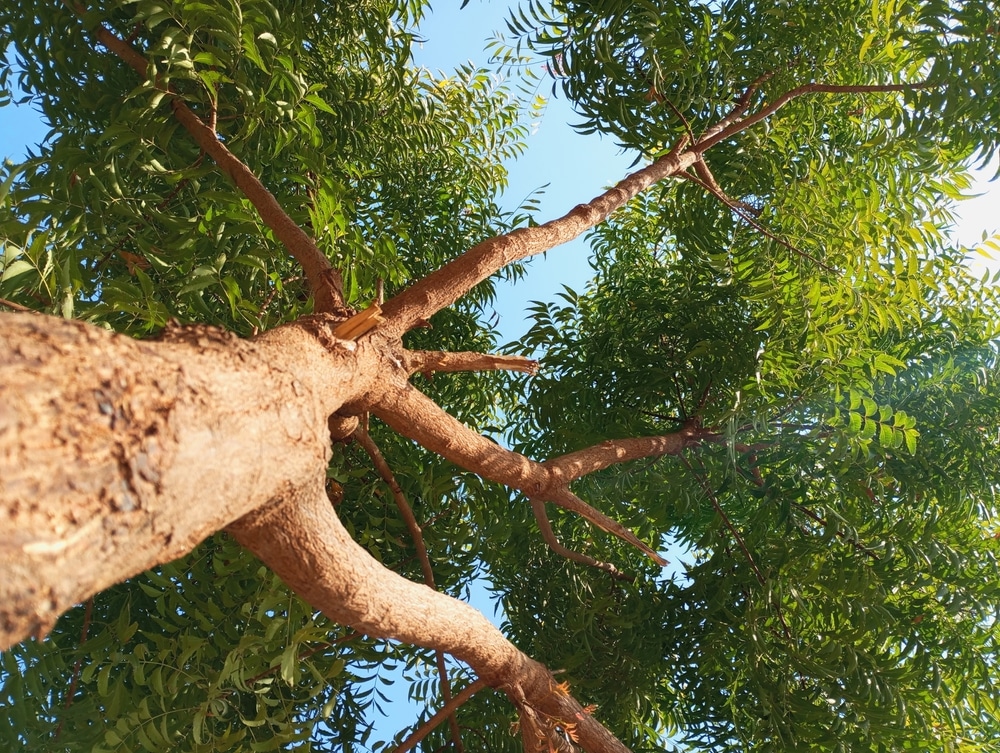
Neem cakes for natural composting
In addition to neem oil, neem cakes—by-products of neem oil production—are excellent for enhancing soil quality in natural composting. These cakes not only act as a natural pest deterrent but also provide essential nutrients to the soil. They help retain nitrogen, improving soil fertility without the negative effects associated with chemical pesticides. Neem cakes also encourage earthworms, which play a crucial role in maintaining healthy, nutrient-rich soil.
Organic fertilisers
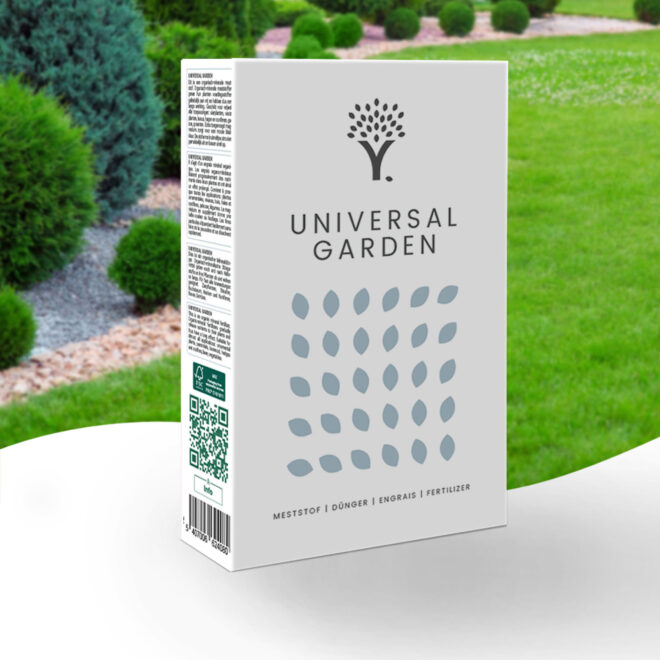
- Balanced formula that benefits all greenery
- Suitable for lawns, vegetable gardens, flowers, and boxwood
- Ensures tasty vegetables and abundant flowering
Switching to organic fertilisers is another great alternative to using baking soda in your garden. Organic options provide plants with essential nutrients gradually, ensuring steady and healthy growth. These fertilisers improve soil quality over time and help maintain a chemical-free garden, making your gardening practises more sustainable and environmentally friendly.
Final thoughts
At the end of the day, a thriving garden comes down to balance—whether you’re using baking soda or any other remedy. Pay attention to your plants, keep their environment healthy, and choose methods that align with sustainable gardening practices. Your garden will thank you for it!
Happy gardening!
-
Zero-Waste Gardening – This is How You Do It!Did you know that the average person wastes between 100 and 150 kilos of food every year? That's why the concept of zero-waste gardening is becoming increasingly important for environmentally conscious gardeners that like to do their gardening greener.Read more
-
How to Master Tree Pollarding: A Practical GuidePretty dense! What might be an insult to some, is certainly a compliment to trees. Through pollarding, you can make sure, your trees have a dense crown of beautiful leaves.Read more
-
Get Ready: Here are 5 Garden Trends for 2025Curious about the latest garden trends for 2025? From smart solutions to sustainable choices, discover all the outdoor trends that are transforming British gardens!Read more
-
How to Care for Plants in Winter: A Simple GuideWhen winter comes around, the care requirements of your plants change. Find out, how to adjust the care routine for your plants.Read more
-
Companion Planting Made Easy: A Step-by-Step TutorialStrategic plant partnerships can solve common gardening problems like pest invasion and disappointing yields. Find out which plants are great together in our companion planting guide.Read more
-
How to Grow Sweet Potatoes in Your GardenWant to know something splendid? A single sweet potato plant can produce 5 to 10 pounds (4.54 kg) of nutritious tubers—plenty to keep your family’s pantry well-stocked for weeks!Read more
-
Revive Your Lawn After Winter With These Easy StepsTired of winter lawn damage? Discover how to repair brown spots, remove weeds, and revitalise your grass for a thriving garden this spring.Read more
-
A Complete Guide On Lighting for Your House PlantsAchieve perfect lighting for houseplants! This guide covers light mapping, plant placement, and grow light tips to help your plants flourish indoors.Read more
Leave a comment
Your answer will be displayed on the site and the interested party will be notified by email.
Leave a comment
Have a question or want to share your experience? Leave us a comment.
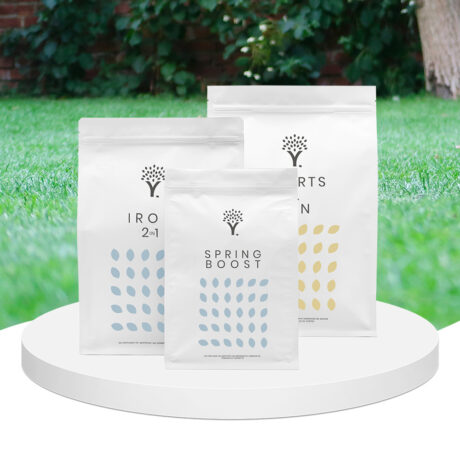
- Order by 2PM = shipped today
- 250.000+ satisfied customers!
- 60 day satisfaction guarantee
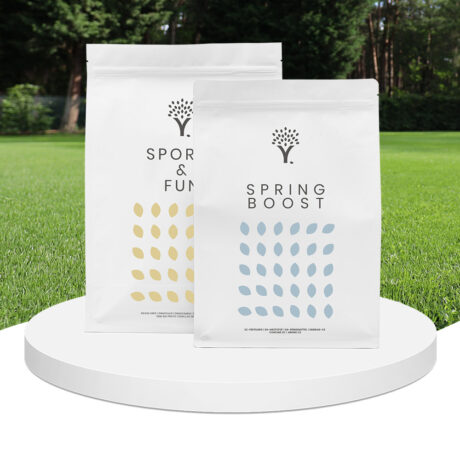
- Order by 2PM = shipped today
- 250.000+ satisfied customers!
- 60 day satisfaction guarantee

🌱 All important maintenance moments for your lawn during the year. Leave your email and we will send you the lawn calendar for free.
Enter your email
Receive the lawn calendar in the mail
Enjoy a green lawn all year round!

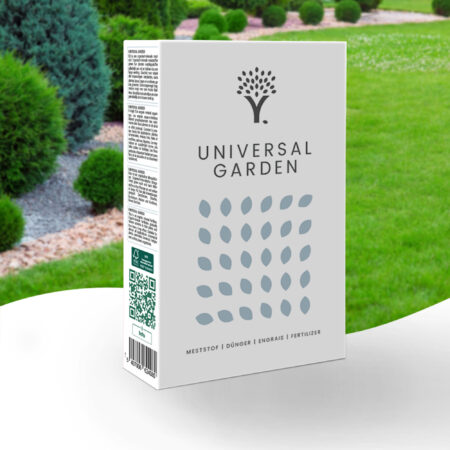


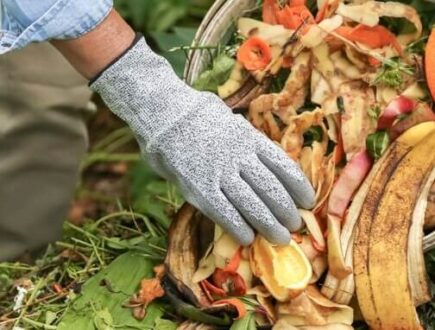
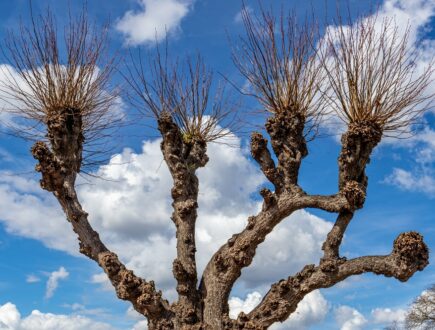
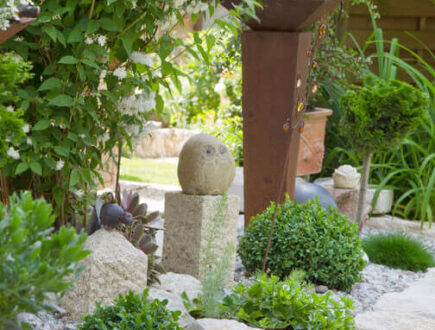
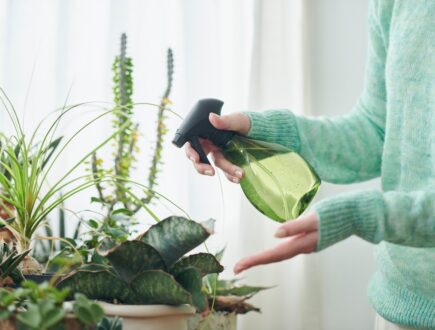
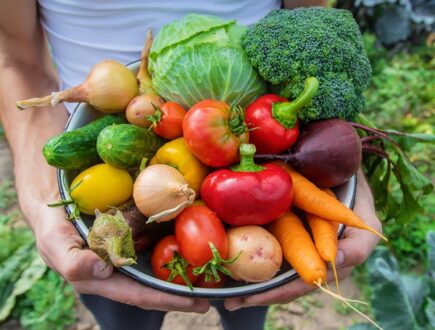

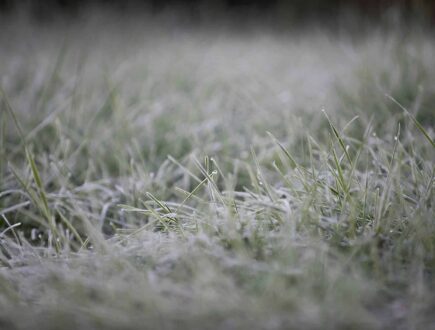

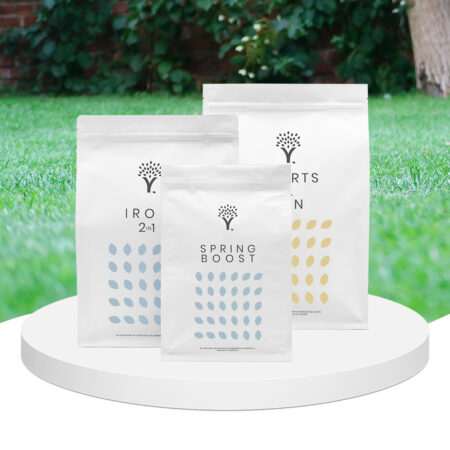
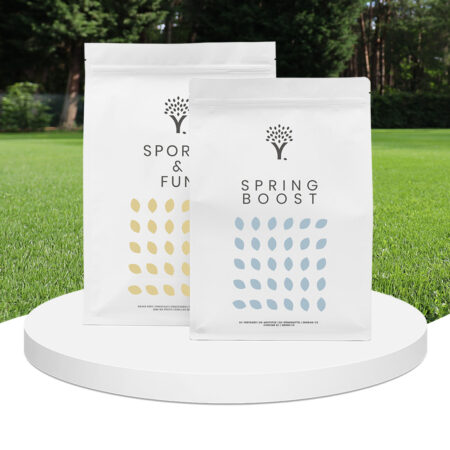
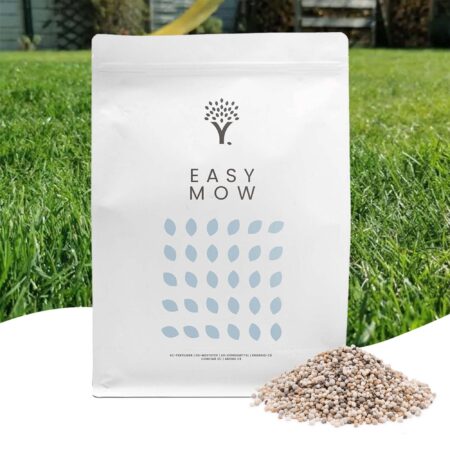
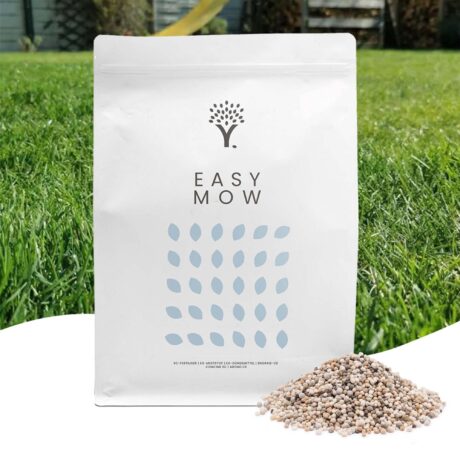

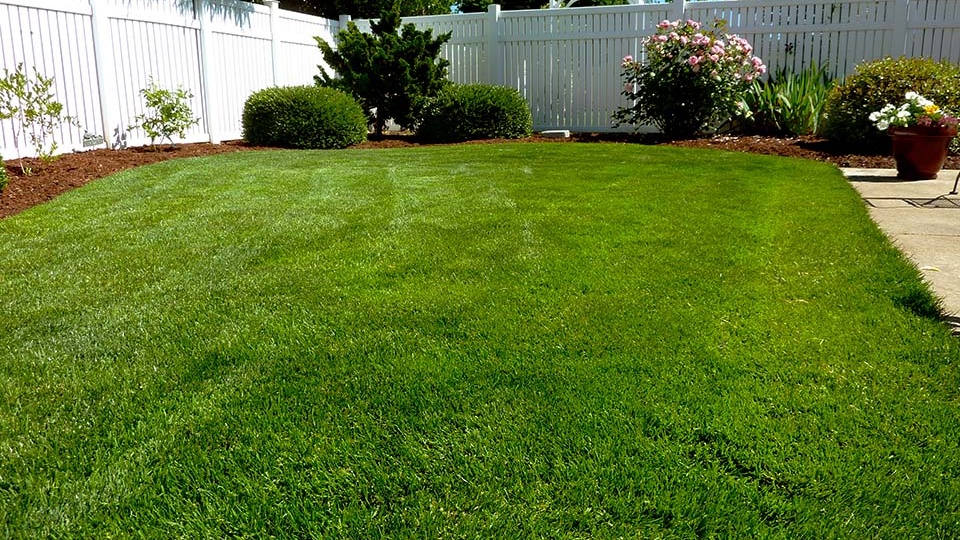
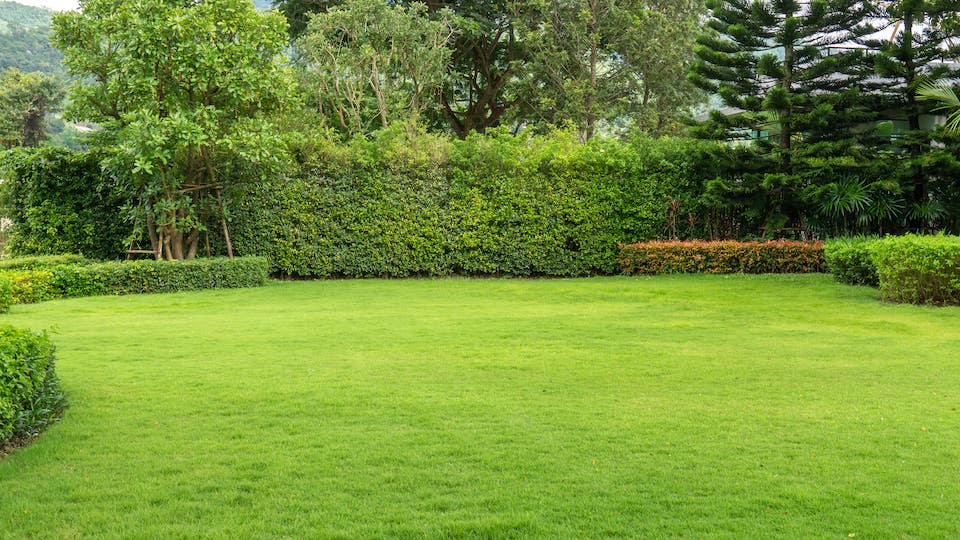
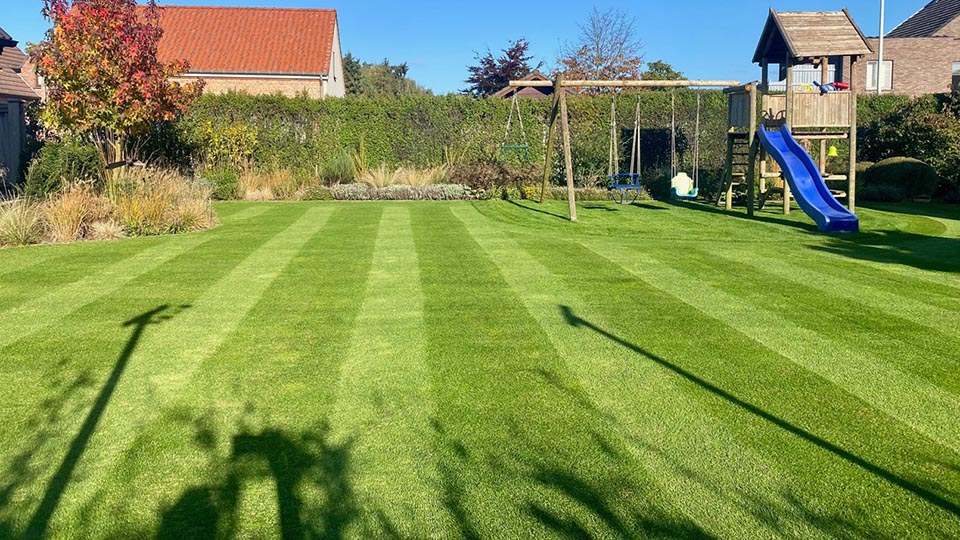
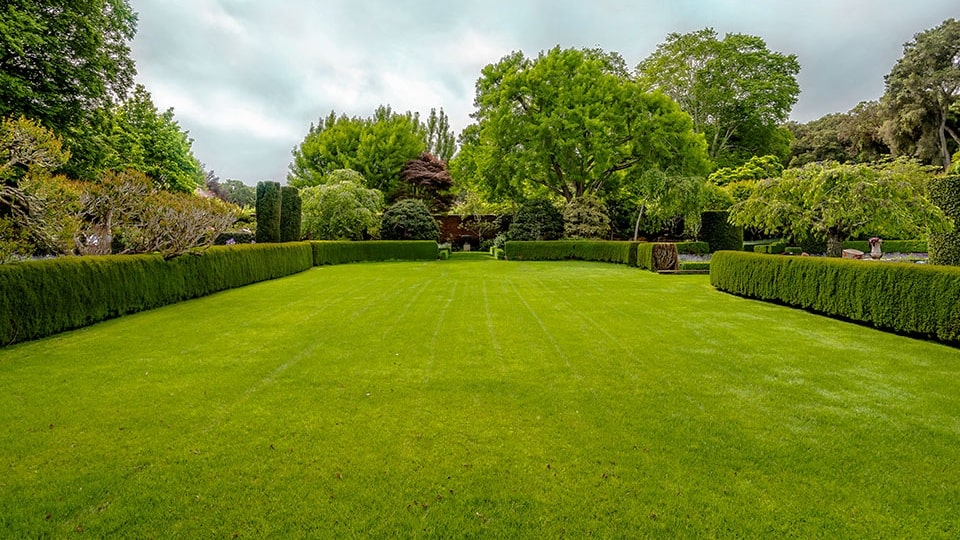
Comments (0)
There are no comments yet. Well then, what are you waiting for to
Be the first to write your comment!inaugurate this pretty page?
Do you have some comments?